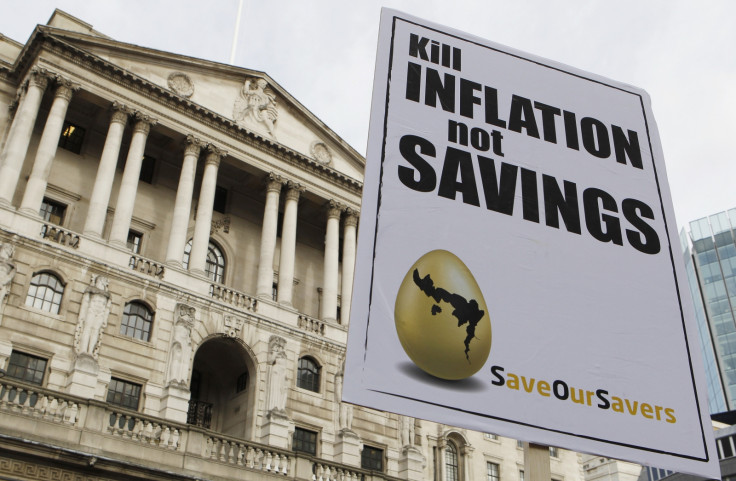Bank lending to consumers slowed to 6.1% in March, BBA says
However, borrowing by non-financial companies saw an increase.

The British Bankers Association (BBA) on Friday (April 28) revealed annual consumer lending growth slowed to 6.1% in March compared to 6.5% in February.
The decrease is a substantial deviation from October's figures, which registered a 10-year high of 7.2%.
Sharp declines were particularly observed for credit card borrowing and personal loans.
Mortgage approval for house purchases also decreased by 2.8%. In March, the house purchase loan figure was 41,061 when compared to February's 42,247.
On the other hand, the borrowing growth rate by non-financial companies had increased in March to 3.5%. The growth was mainly driven by increases in lending to the construction, manufacturing, and wholesale and retail sectors.
"In March, annual growth in consumer borrowing from the main high street banks slowed, perhaps mirroring the dip seen in retail sales volumes as price rises appear to have started biting into consumers' spending" said Eric Leenders, BBA Managing Director for Retail Banking.
The BBA report mirrors the GfK consumer confidence index drop to -7 for March 2017, which was also released on Friday. The fall was mainly driven by concerns over personal finance and economic developments over the past 12 months.
Moreover, a recent report by PwC also estimated a drop in consumer spending growth rate from 3% in 2016 to 2% in 2017, with a further decline to 1.7% in 2018. Debt fuelled spending and increased inflation were attributed to the decline in consumer spending.
The BBA report may be indicative of the fact that consumers' reliance on debt induced spending, which is further aggravated by unsustainable price increases, is beginning to have an impact on credit demand.
© Copyright IBTimes 2024. All rights reserved.





